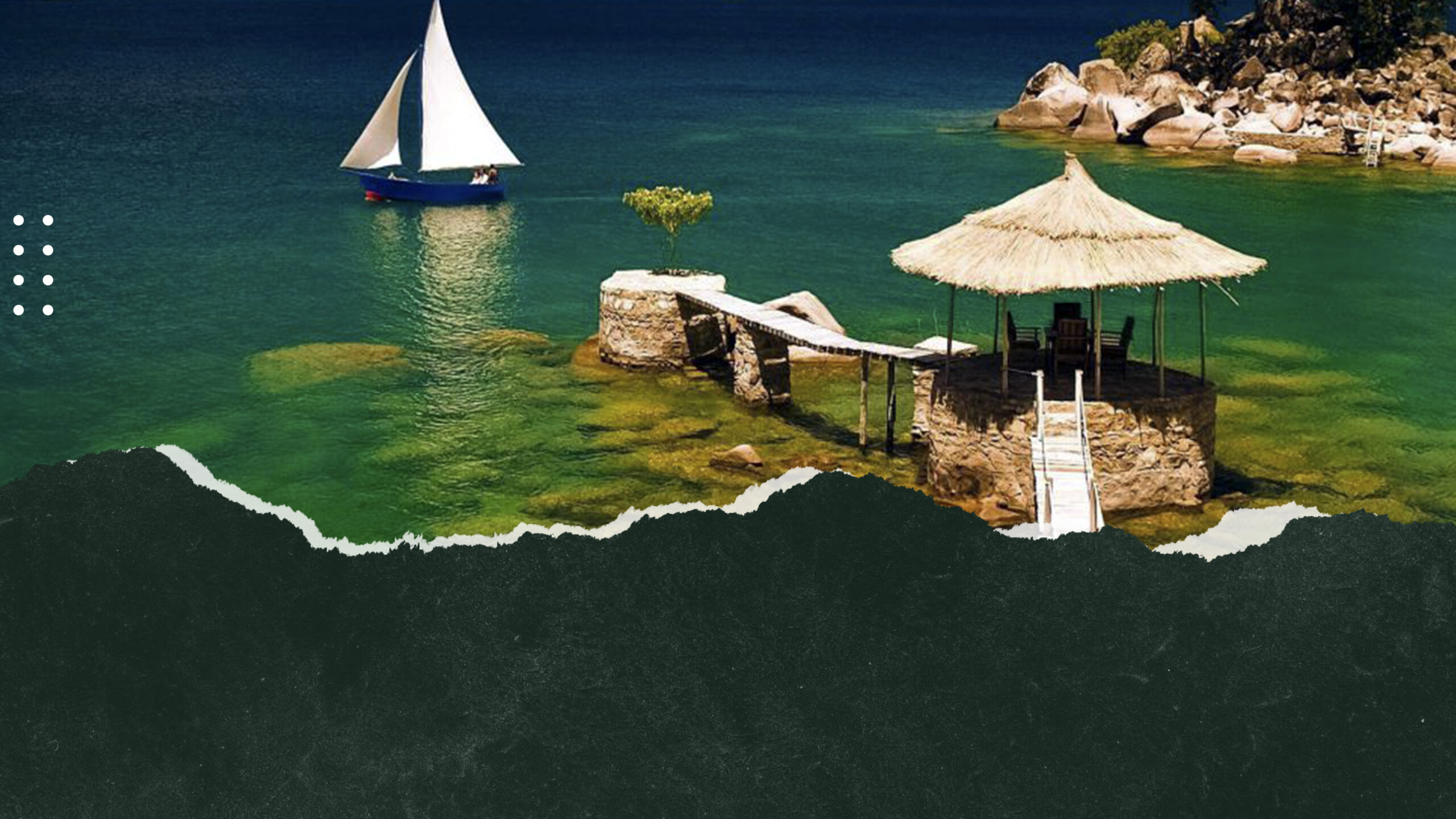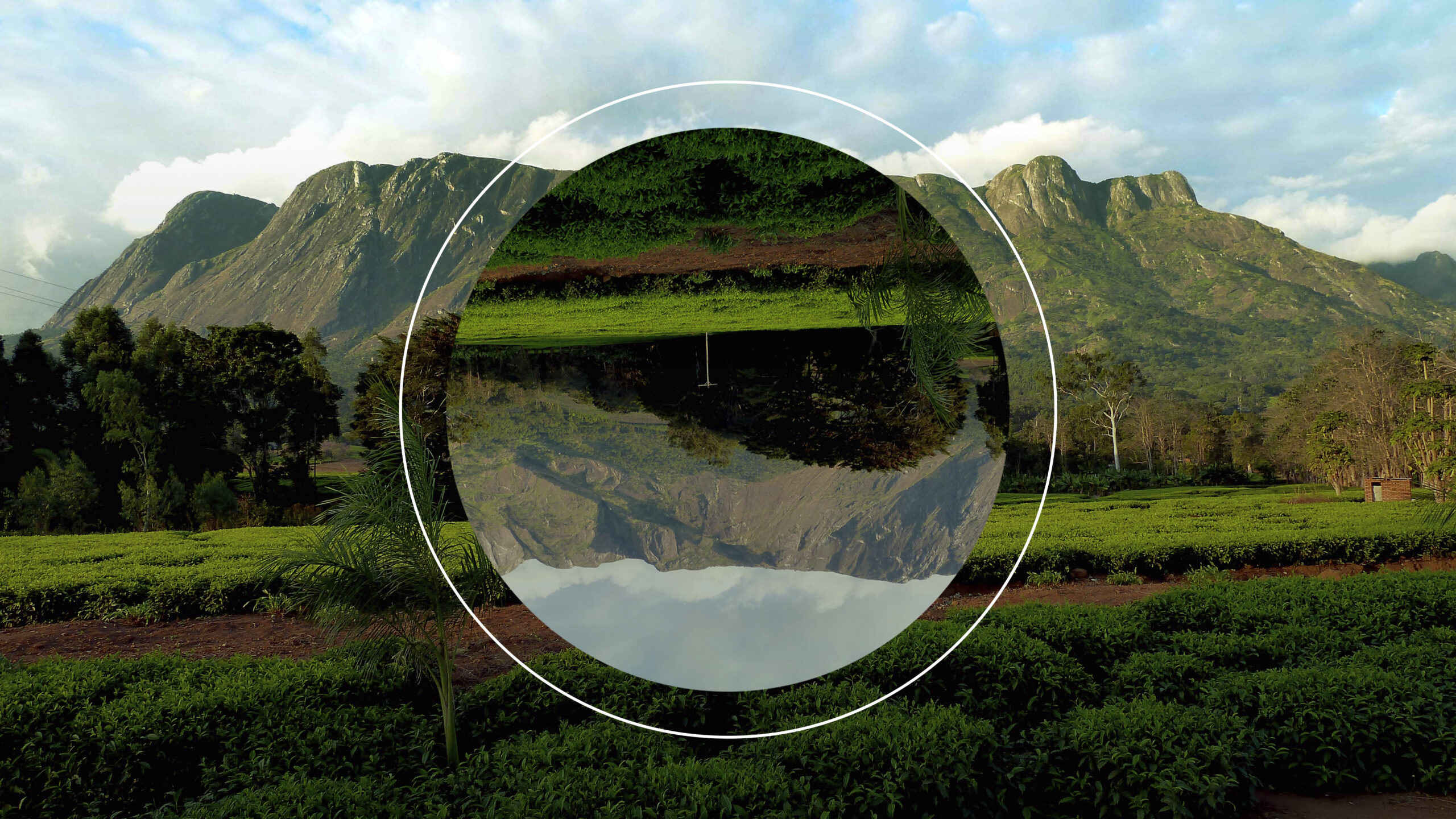USEFUL INFO - Emigration information
Packing & Shipment of Goods
Customs & Duties
Trade licenses are required for the import and export of certain goods, including military uniforms, wild animals, some food, and military equipment. Malawi is a member of the Southern African Development Community (SADC) and the Common Market for Eastern and Southern Africa (COMESA), granting trade preferences to member states. The establishment of a free trade area is scheduled for 2004. The country also has bilateral trade agreements with Zimbabwe and South Africa, granting the duty-free exchange of goods.
- 200 cigarettes or 225g of tobacco in any form.
- For those over 18 years of age, also 1l of spirits and 1l of beer and 1l of wine.
- A reasonable quantity of consumer goods to meet the traveller’s immediate needs.
Taxes
Individuals pay taxes on all income from Malawi, whether they are residents or nonresidents. Most operating businesses are required to prepay estimated tax on a quarterly basis. The corporate income tax in 2002 was 30%, down from 38% in 1999. Branches of foreign companies were taxed at 35%, but reduced rates applied to insurance businesses (21%), and to ecclesiastical, charitable or educational institutions or trusts (25%). Companies operating in export processing zones (EPZs) are exempt from corporate tax, and companies operating in priority areas can qualify for, variously, a ten-year exemption or a reduced 15% tax rate. Other tax allowances are offered-for mining companies, for manufacturers, for exports, for training, among others-as investment incentives.
The income of individuals and partnerships is taxed according to a graduated scale with rates from 0% to 30%. For 2004, the government introduced a new top rate of 40%, and raised the threshold for taxable income from 30,000 Kwacha to 36,000 Kwacha (about $340 to $410). Municipal taxes are based on property valuations.
Malawi’s main indirect tax has been a 20% turnover tax which it calls a surtax. The surtax applies to goods and selected services, including luxury goods and electronics. The government is planning to introduce a value-added tax (VAT) system.
Vehicles & Personal Effects
Whether locally purchased or privately imported, a percentage of transportation costs is also reimbursable. If one opts for importing a private vehicle, arrangements can be made with the shippers to have the vehicle delivered directly in Malawi.
Alternatively, a car may be imported. It should be shipped to Dar-es-Salaam, Beira or Durban and then driven / transported to Malawi. In this case, arrangements should be made to have the car cleared as soon as possible after it is off-loaded at the port. Cars can also be purchased in South Africa or Dubai and transported to Malawi.
Although all standard models are suitable for driving within the cities, cars with higher ground-clearances are recommended for country travel. Four-wheel drive vehicles are essential during the rainy season for up-country trips, if one intends to do much traveling. The most popular field vehicles in Malawi are Mitsubishi Pajero, Toyota Land Cruiser and Land Rover Discovery and Nissan Patrol.
Service facilities vary in standard from poor to reasonable. Spare parts and tyres are not always available and it is advisable to order some spares with the vehicle
Traffic regulations: Throughout the country the speed limit is 80 km per hour and 50 km per hour in townships. Standard international road signs are used and distances are generally indicated in kilometres. Traffic moves on the left hand side of the road, but left-hand drive vehicles are permitted. Front seat belts are obligatory. There is also a Road Tax, which varies according to the size of the car.
The law requires all drivers to be insured against third party claims for damage. Insurance coverage can be easily obtained locally. Premiums for comprehensive insist on the car being fitted with an approved type of burglar alarm. Insurance is done on the British system with up to 60 percent discount being allowed on the premium on the basis of the individual’s insurance and driving record of which documentary evidence must be submitted.
A valid national driving license is acceptable during the first three months of arrival after which a Malawian Driving License must be obtained. A Malawian Driving License may be obtained by producing a valid national license. Drivers should carry their license on their person.
Domestic Pets
Domestic animals are allowed into the country subject to an import permit required prior to arrival. A rabies certificate must be obtained within 14 days prior to arrival. Quarantine is not required if animals have valid rabies vaccination certificates. All dogs are supposed to be registered with the Government.
Rabies is a serious problem in Malawi with a lot of the local animals carrying the disease. Make sure that your pet’s vaccinations are kept strictly up to date. When adopting/buying a local cat or dogs you should immediately take the animal to a good vet to be checked for distemper and rabies. Likewise precautions must be taken concerning children and adults when bitten by a local animal.




